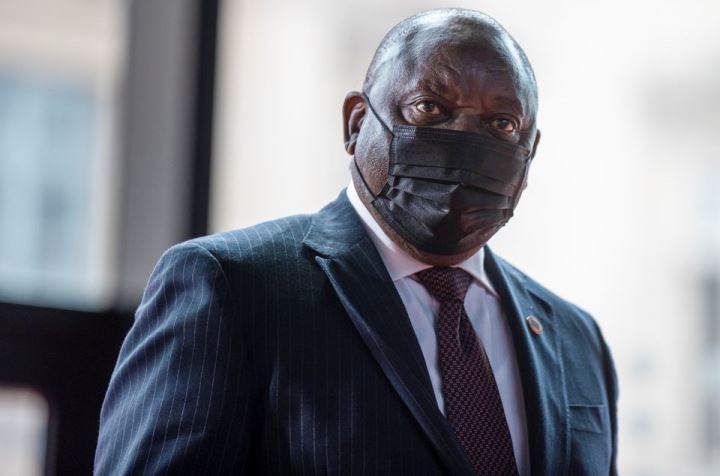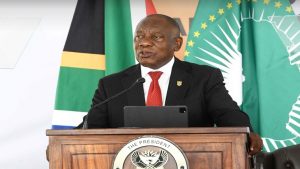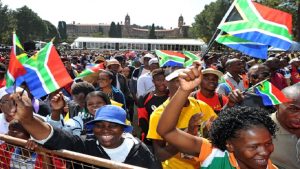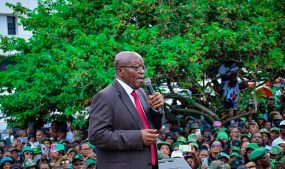President Cyril Ramaphosa has called on the United Nations to put the issue of reparation for victims of the slave trade on its agenda.
He was speaking virtually at the 20th-anniversary commemorative event of the Durban Declaration and Programme of Action – after South Africa hosted the World Conference against Racism, Racial Discrimination, Xenophobia and Related Intolerance at the east coast city in 2001.
Ramaphosa also expressed support for all measures being undertaken to address the historic and contemporary discrimination against people of African descent.
Ramaphosa addresses UNGA:
Also speaking at the event, the UN Secretary-General affirmed the view that racism and racial discrimination still permeated instituted, social structures and everyday life in every society.
The event also adopted a Political Declaration that seeks to galvanize and re-energize efforts towards a world free of racial discrimination and injustice; with a view here that two decades post-Durban, structural racism and systemic injustice still deny people their fundamental human rights.
“Millions of the descendants of Africans, who were sold into slavery, remain trapped in lives of underdevelopment, disadvantage, discrimination and poverty. South Africa calls on the United Nations to put the issue of reparations for victims of the slave trade on its agenda. We support the adoption of special measures, including affirmative action and targeted financial assistance, as restitution to communities whose ancestors were sold into slavery,” says President Ramaphosa.
The President indicated that just as the world stands united to combat the COVID-19 pandemic, so too it should recommit itself to the implementation of Durban’s outcomes.
“We must pursue this objective with energy and goodwill. Ending racism is a fight in which each of us has a stake. Let us all allow humanism to be our guide and solidarity to be our strongest force. We are called upon by history to redouble our efforts to build a world free of racism, to right the wrongs of the past and to restore the human dignity of all.”
UN Chief António Guterres echoed an earlier view that racism from glaring infringements to creeping transgressions was a clear example of how human rights more generally were under assault.
“Racism is often the cruel catalyst. The linkages between racism and gender inequality are unmistakable. And we see some of the worst impacts in the overlaps and intersections of discrimination suffered by women from racialised communities and minority groups. We are witnessing a troubling rise in anti-Semitism, a harbinger throughout the history of discrimination against others,” says the UN Chief.
“We must condemn, without hesitation or reservation, the racism and discrimination of growing anti-Muslim bigotry, the mistreatment of minority Christians, and other forms of intolerance around the world,” he added.
The General Assembly in 2015 proclaimed the International Decade for People of African Descent to promote concrete measures to stop discrimination and promote their full inclusion.
The UN’s High Commissioner for Human Rights Michelle Bachelet, “Reparations should be broad-based and need to include measures aimed at restitution, rehabilitation, satisfaction and guarantees of non-repetition. These may include formal acknowledgment and apologies, memorialization and institutional and educational reforms. For reparations to be effective, all these elements are needed. We should be clear though that these efforts must go beyond symbolism, and that they do require political, human and financial capital.”
Various Ministerial roundtables will continue throughout the day.
The aim of those discussions, to further take stock of progress since Durban to examine contemporary and emerging challenges in the fight against racism and its related intolerances.






